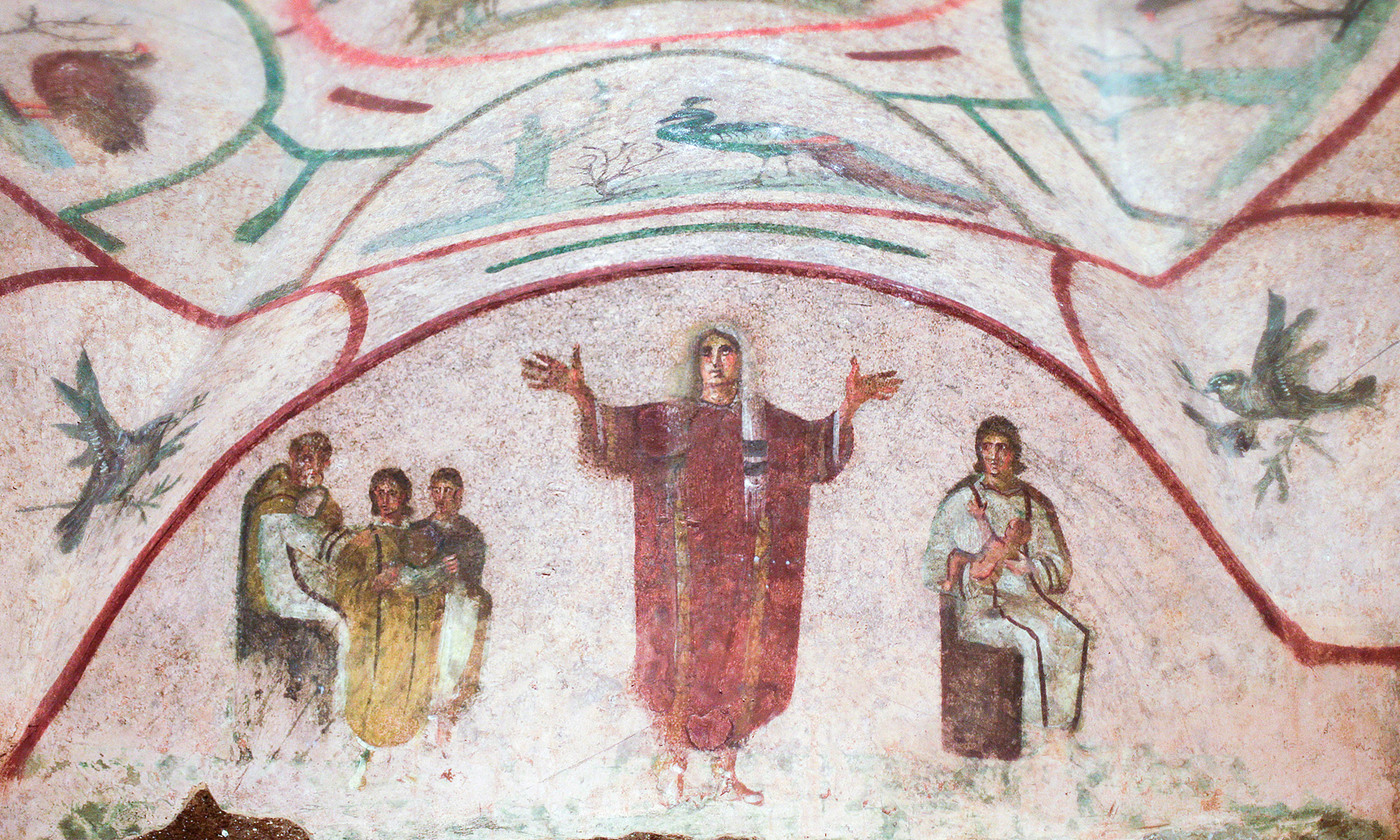There are many arguments as to why civilization had to wait so long before scientific knowledge was given a systematic application. Whatever the answers, a tendency to see science as being in opposition to religion was developing. Perhaps the answer lay, in part, in the attitudes of the Roman ruling groups.
They considered “idle speculation” beneath them; they also looked down on commerce and industry—two of the incentives for technical inventiveness. Science formed no part of Roman education, and scattered statements show that the Romans scorned what we would now call research. The prevalence of slaves and the lack of consumer markets meant that owners did not need to develop methods of mass production.
Throughout the Roman Empire pessimism mounted, accompanied by a lack of faith in humanity’s ability to work out its own future. The old gods seemed powerless to intervene, and to many life appeared to be a matter of luck. Beginning as early as the third century B.C. and gathering increasing momentum, the cult of the goddess Fortune became immensely popular in the Mediterranean world.
Chance governed everything; today’s prosperity might vanish tomorrow; the best thing to do was to enjoy good fortune while the goddess smiled upon you. Closely related was the belief in Fate. What happened was inevitable because it had been fated from the beginning; when you were born, the moment of your death was already fixed. Vergil attributed both fate and fortune to the will of the divine providence, but most Romans seem to have felt helpless to change their own fates or to influence events.

